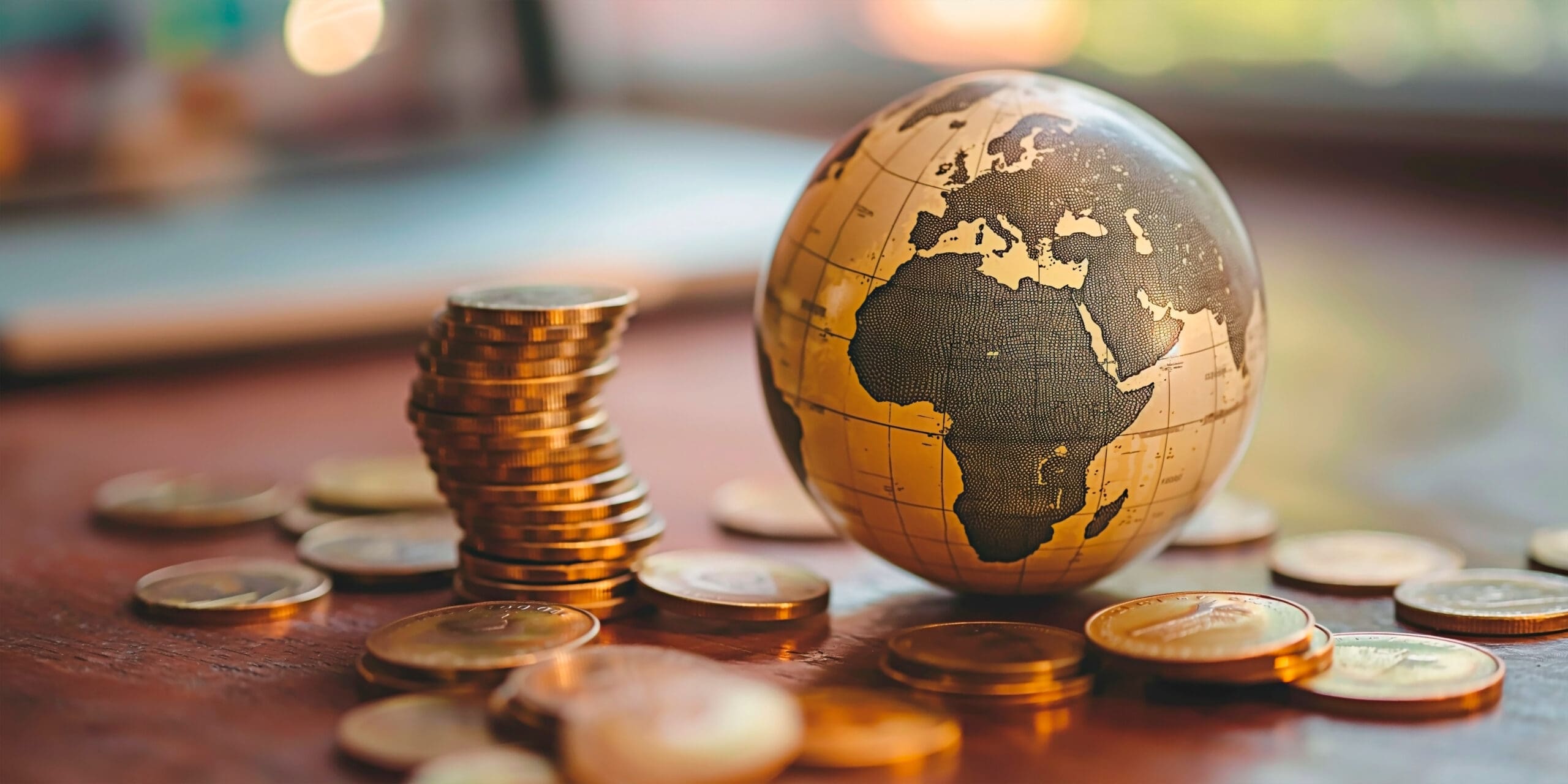healthmyths
Diamond Member
- Sep 19, 2011
- 30,132
- 11,569
- 1,400
Kamala Harris Unrealized Gains Tax Should Worry Voters
The potential for Kamala Harris to push a 25% unrealized gains tax is worrisome, as it could drive wealth out of the U.S.Here is how it will affect the average American.
The average ultra-wealthy bought 10,000 shares of Apple stock in 1980 for $22.00 a share or $220,000 cost buy 10,000 shares.
Today these shares would be worth $21,000,000.
Under Kama-kama-chameleon plan this "ultra-wealthy" will have to pay 25% on the $20,780,000 gain or $5,195,000 taxes.
BUT the 25% taxes will come OUT of either selling the stock or out of the "ultra-wealthy" other income.
The "ultra-wealthy" Apple stock holder will be paying that $5.1 million every year!
Now for those of you truly ignorant people who think that is so great...
YOU have NO idea what that will do to the economy as these "ultra-wealthy" will be cutting back on their building businesses, hiring people, buying goods and services. This will be disastrous for the rest of us Americans.
The wealth effect is a behavioral economic theory suggesting that people spend more as the value of their assets rise.
The idea is that consumers feel more financially secure and confident about their wealth when their homes or investment portfolios increase in value.
:max_bytes(150000):strip_icc()/WealthEffect-c98ab140694b4d22b619b009c6541420.jpg)
The Wealth Effect: Definition and Examples
The wealth effect is a behavioral economic theory suggesting that consumers spend more when their wealth increases, even if their income does not.
